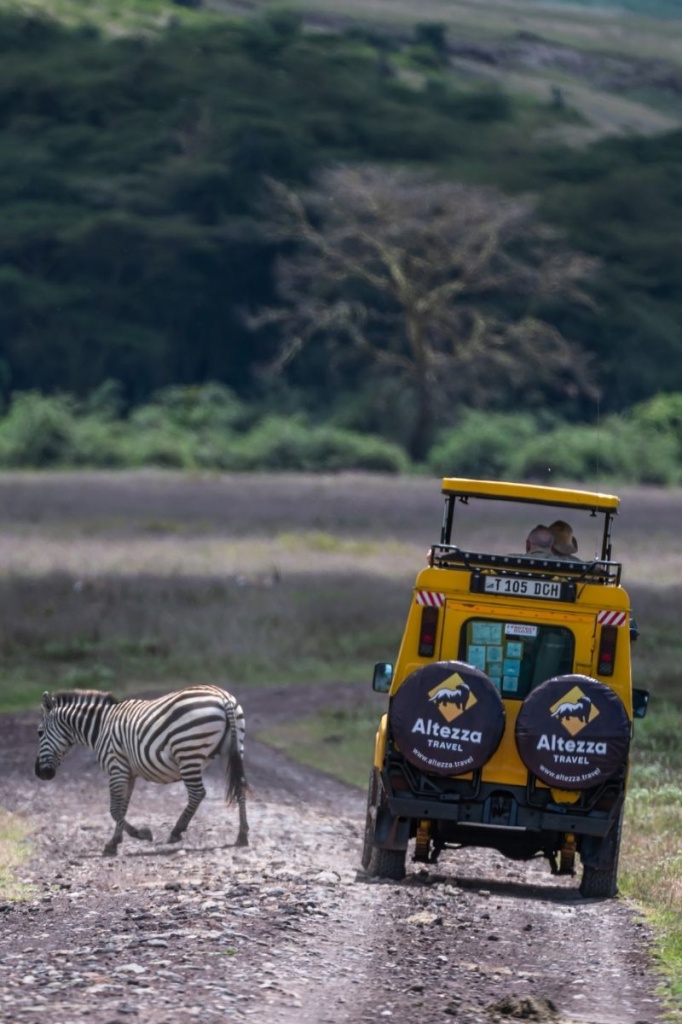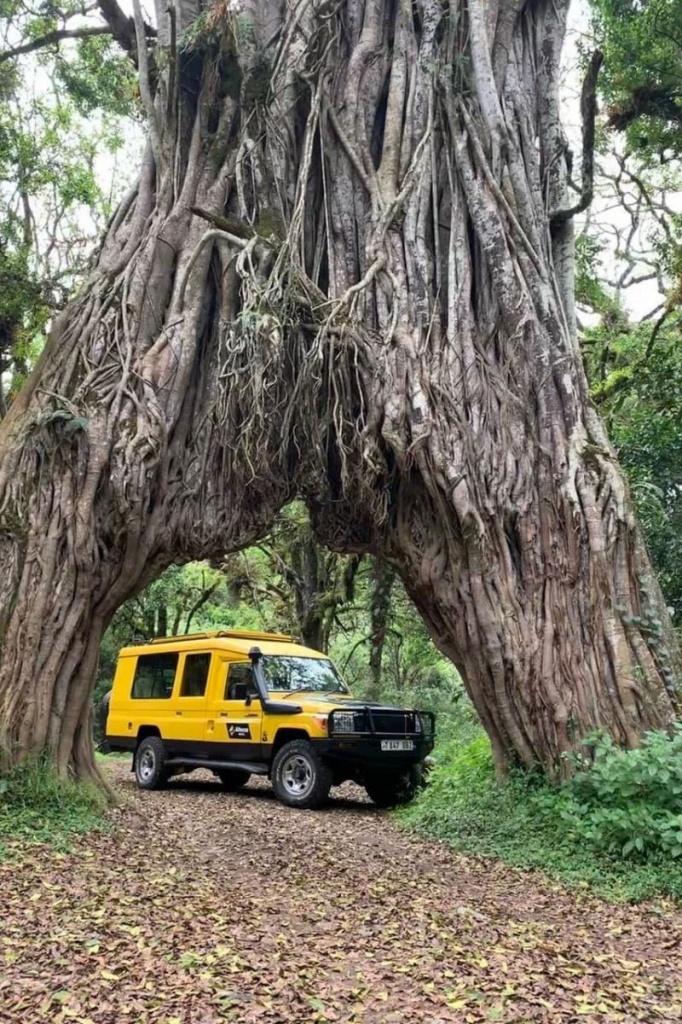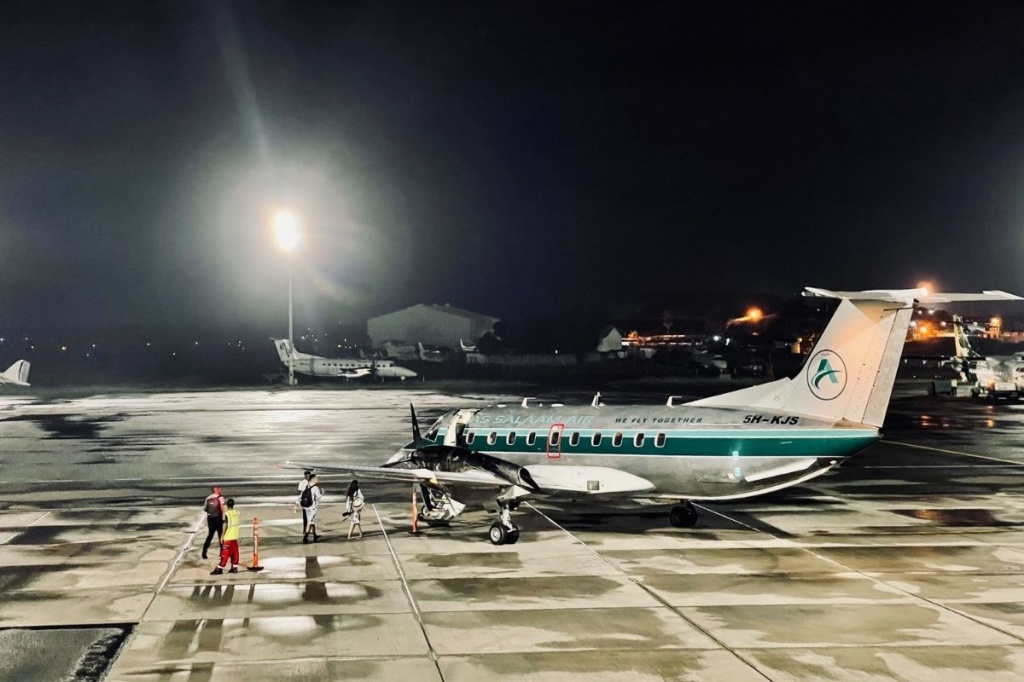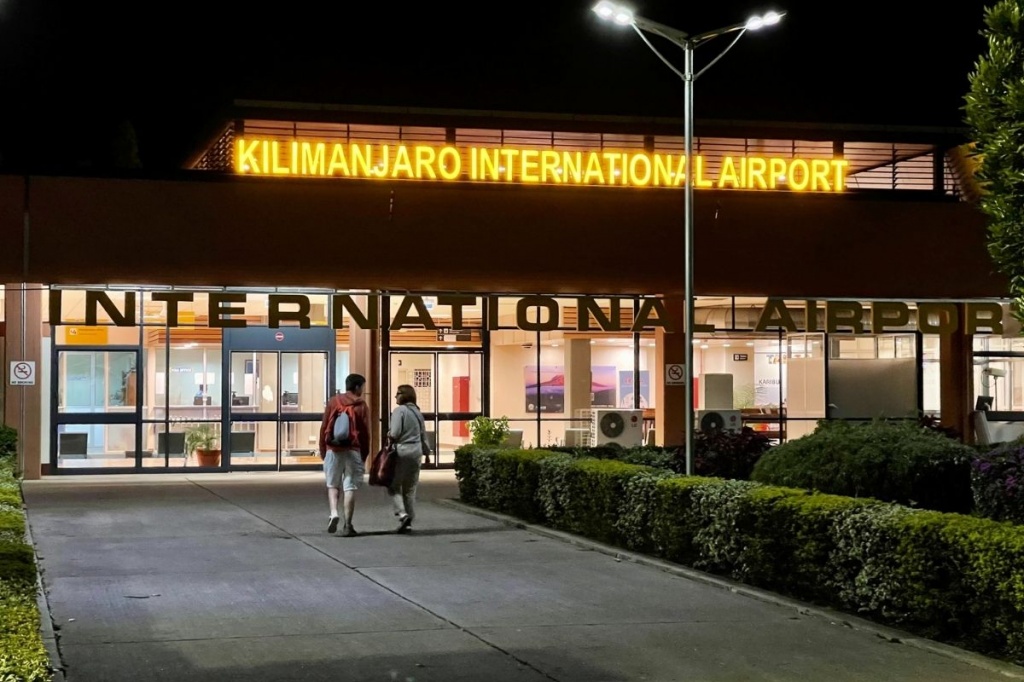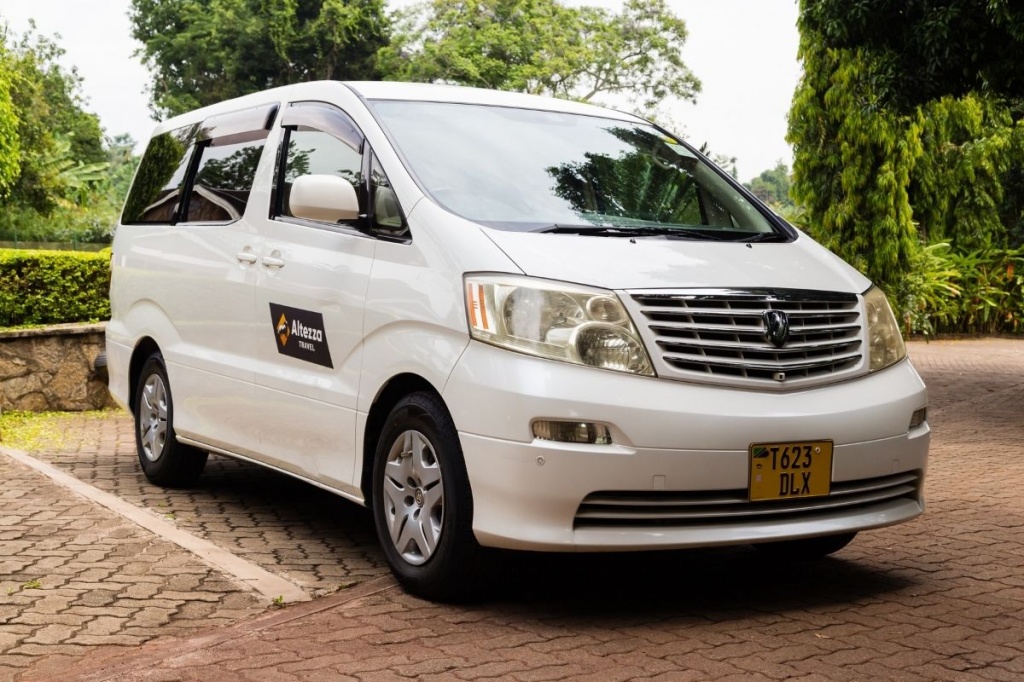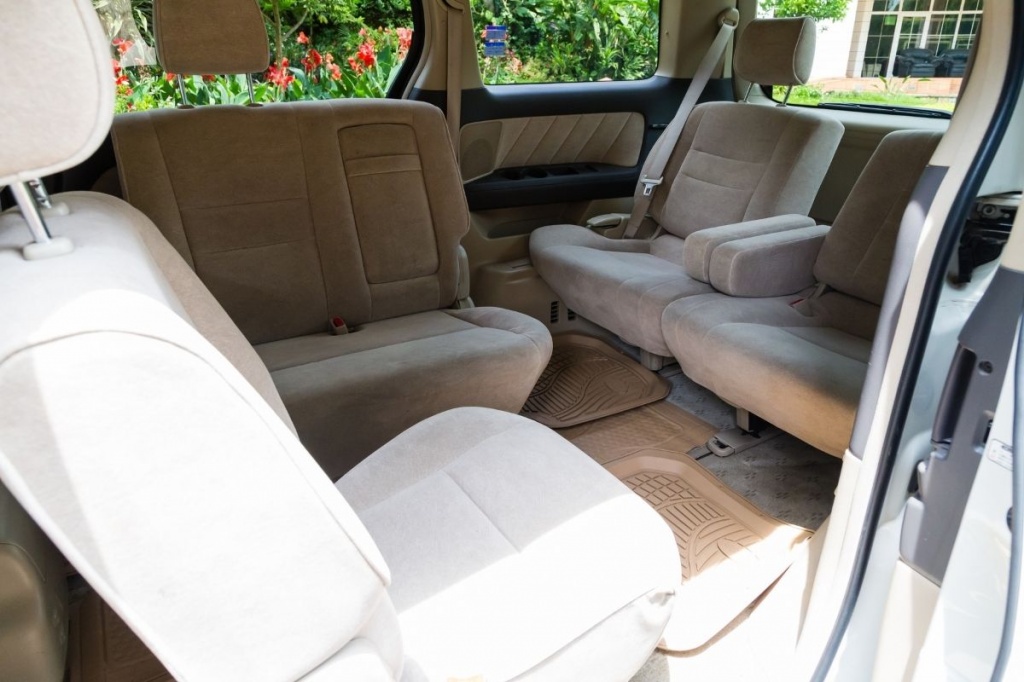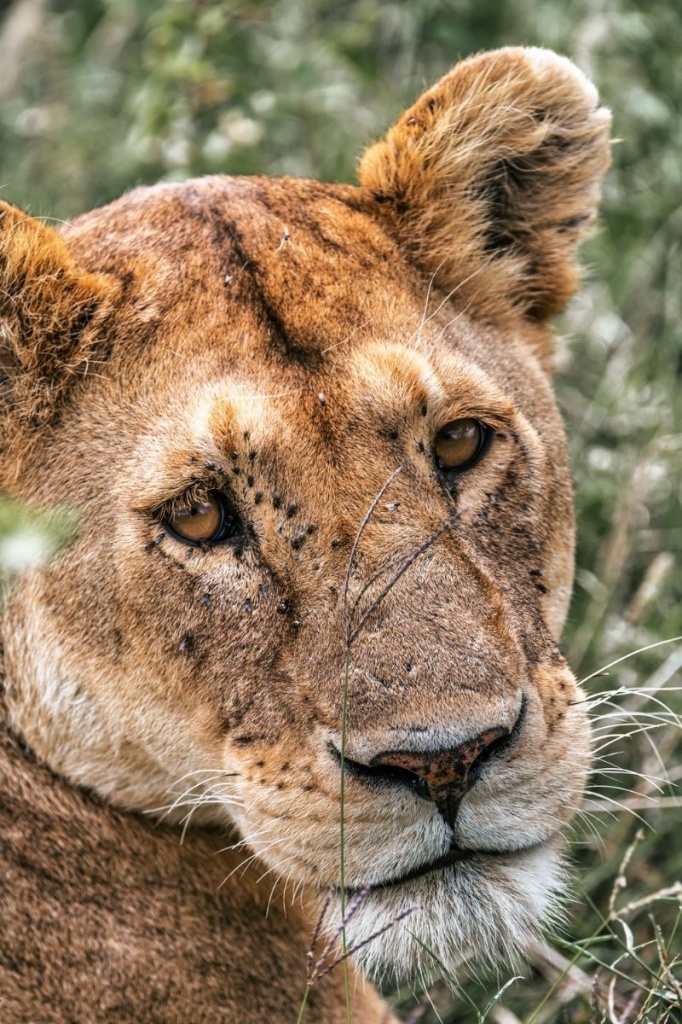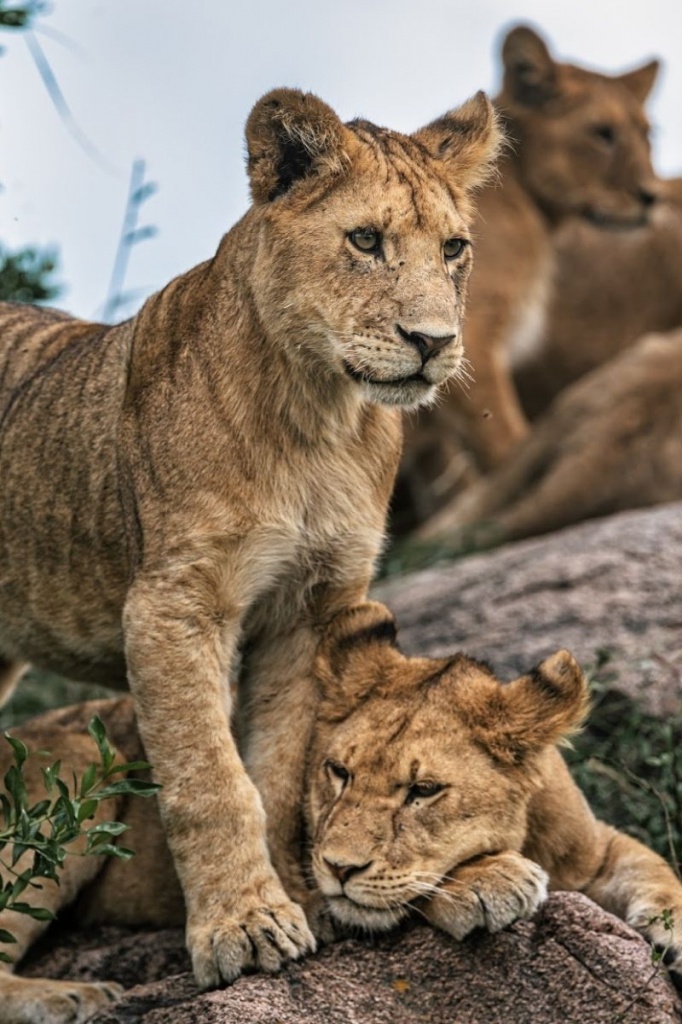Prepare for a safari in Tanzania
If you’ve booked a safari in Tanzania there is a good chance you have an ‘all inclusive package’, meaning meals and accommodations are already arranged as part of your safari adventure.
So, what is there left to do - just pack your bags and set off?
Well, there are a few more things you may need to prepare before you head to Tanzania, and we have outlined them for you. From important documents and vaccinations, to even a suggested packing list, this article makes it easy to prepare for your safari in Tanzania.
If you’re interested in learning about what to expect on a safari in Tanzania, check out this page.
Flights to Tanzania
Tanzania has three international airports: Kilimanjaro International Airport (JRO); Julius Nyerere International Airport in Dar Es Salaam (DAR); and Abeid Amani Karume International Airport in Zanzibar (ZNZ).
Tanzania is a large country and these airports are very far from one another, so it is important that you book your arrival flight into the most convenient airport for your safari, which is probably JRO. This will save you both time and money; even if flying into Dar Es Salaam appears cheaper immediately, you will require a connection flight to Kilimanjaro or a long bus ride or other transport (up to 12 hours drive!) if your safari is at one of the Northern parks, not to mention an overnight stay at a hotel, too.
Also, if you are starting your trip to Northern Tanzania from Zanzibar or Dar Es Salaam, it will not be a bad idea to take a connection flight straight to the local Arusha airport instead of Kilimanjaro International. We will pick you right there, and you’ll not need to ride another 40 km to get to your safari start point.
It is usually best to fly into Kilimanjaro International Airport (JRO), which is only 50 km from Arusha town - the safari hub of Northern Tanzania. This is the departure point for the majority of safaris.
Once you’ve booked your flights into Kilimanjaro International Airport, provide us with your flight details and we will organize a pick-up from the airport for you. Altezza Travel offers a transfer service and pick-up directly from JRO to your arranged hotel. We have a fleet of spacious Toyota Alphard vans with plenty of room for you and your whole travel group and (including luggage!) to make your arrival in Tanzania a breeze.
To avoid jet lag and make your journey smoother, take a look at our latest article packed with practical tips.
Necessary documents and more
Passport
It is essential that you have a valid passport for travel into Tanzania. Also, your passport must be valid for 6 months of travel after your arrival in Tanzania. The passport must also have 3-4 blank pages for visa and immigration stamps.
We also recommend having a photocopy of your passport with you, as a regular travel precaution.
Vaccinations
Tanzania currently has one required vaccination for arriving visitors - Yellow Fever. This is required if you have come from or spent more than 12 hours in a country that is at risk of Yellow Fever prior to landing in Tanzania. You may be asked to present the vaccination certificate as proof, so make sure to keep this card with you when you travel to Tanzania.
The list of countries with high risk of yellow fever transmission
Your doctor may suggest further vaccinations for travel to Tanzania. Read more about that in this article.
As of May 2021: Tanzania has recently changed their requirements to address concerns COVID-19 and the global pandemic. Please contact our team for updated and accurate information.
Immigration and visas
You will need to obtain a visitors visa for your safari in Tanzania. This common visa is generally hassle-free and can be obtained upon arrival at the airport for nationals of many countries, or in advance through Tanzania’s new e-visa, available online through Tanzania Immigration Department website. We recommend applying for online visa because otherwise it will be necessary to stand in line with other travellers to get an ordinary one.
To find out if you are eligible for a visa, or need to apply in advance by reading our article on immigration and visas.
Travel insurance
It is a good idea to arrange travel insurance. There are many options available for only trip-related activities such as flights and baggage, or more in-depth coverage for medical expenses incurred during your travels.
If you’re planning to climb Mount Kilimanjaro, travel insurance is a requirement. Contact our team to learn more about arranging travel insurance. We can also help you to get you a proper insurance package.
Money
Thanks to all-inclusive safari packages, you probably won’t need much money while you’re in Tanzania. However, going out for drinks, purchasing souvenirs and tipping hospitality staff are some circumstances where you may want to have some cash in local currency or in USD.
Before you travel, talk to your bank and let them know you will be out of the country. Set up your debit and/or credit cards for international use.
Make sure your PIN number is 4-digits long, to abide by ATMs in Tanzania.
If you want to bring cash to exchange, many banks across Tanzania offer foreign exchange services. US dollars, Euros or British Pounds generally get decent exchange rates, while other currencies may not be as easy to change.
ATMs and currency exchange at banks are typically only available in cities and towns in Tanzania. Arusha or Moshi are excellent locations to change money, if you plan on bringing cash with you to the Serengeti or another national park. You may pay in USD nearly everywhere, though you will need Tanzania shillings to make payments in local supermarkets.
Pack your luggage
Check out our in-depth packing list for safaris in Tanzania here.
And, if you’re planning to climb Mount Kilimanjaro, there is a packing and gear list here.
The quick version of an African safari packing list should include light layers and sensible attire. The weather in Tanzania is warm, but evenings and early mornings in the highlands or northern areas can be chilly. Tanzania is also on the equator, so the afternoon sun is very strong, so a hat and sunscreen are both strongly recommended.
You won’t need fancy footwear or high heels, but a good pair of walking shoes would be a good decision, especially if you enjoy evening walks or are interested in a walking safari in Arusha National Park.
There is no ‘safari uniform’ to wear in Tanzania, despite what the media (and many, many tourists to Tanzania) portray. However, there is some logic behind this all-khaki attire; neutral colours, in light and quick-drying fabrics are a great choice for clothes while on safari. You certainly are not expected to pack only khaki coloured items, but you may find that wearing neutral tones is a better bet for keeping your clothes cleaner from dust and mud.
There is a popular misconception that coloured clothes may scare the animals. This is not true: to the best of our knowledge most animals see in black-and-white, and they don’t care about the color of your clothes. In fact they do not discern between a safari car and passengers, and perceive them as a whole.
Overall, feel free to pack whatever you like, but be mindful: camouflage clothes are reserved exclusively for members of the Tanzania People’s Defence Force. General khaki clothes are allowed.
Make sure to pack:
● A light jacket or sweater
● Several long-sleeved shirts
● Hat or cap for sun protection
● 1 or 2 pairs of sturdy, comfortable trousers
● Swim suit (many lodges have swimming pools)
● Pair of comfortable shoes for walking
Other items
Should I bring binoculars?
Safari cars offered by Altezza Tanzania provide binoculars and wildlife and bird information books for guests, so there is no need to bring your own. If, however, you prefer using your own one, of course, feel free to bring it with you.
What type of electric outlets are used in Tanzania?
Tanzania typically uses a three-pronged plug, sometimes called “a G plug”, like in the United Kingdom. You can bring your own adaptor, or easily purchase one once you arrive in Tanzania if you are coming from a country that uses a different type of electric plug.
The hotels provide socket adapters to anyone having European-type power plugs. You will also find some in our safari cars.
Bring a USB cable for your electronics.
Many safari cars offer USB charging ports right inside the vehicle, so you can keep your phone or camera charged throughout the drive in National Parks.
Is clean drinking water available?
Your Altezza safari guide shall provide you with 1.5 liters of bottled drinking water every day of your safari. And of course there will be more if you need. Safe, clean drinking water is usually provided at your hotel or lodge, as well.
What about snacks?
Feel free to bring your own snacks, but you’ll also have a boxed lunch or a hot lunch provided throughout your safari tour. Often, guests find the boxed lunch very filling, but there are some guests who want a little extra before suppertime.
If you have dietary restrictions, you may want to bring your favourite snack items from home. However, if you’d like to sample some of Tanzania’s local snacks, your safari guide should be able to help you get some fresh fruits (like bananas or mangos), peanuts, or local donuts from shops near the national parks.
More questions? Contact Altezza anytime for more information!
All content on Altezza Travel is created with expert insights and thorough research, in line with our Editorial Policy.
Want to know more about Tanzania adventures?
Get in touch with our team! We've explored all the top destinations across Tanzania. Our Kilimanjaro-based adventure consultants are ready to share tips and help you plan your unforgettable journey.















